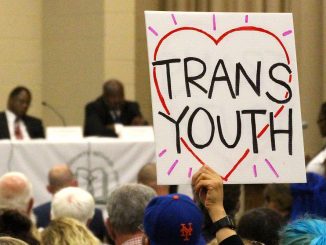
Nepal’s Supreme Court has ruled that Rukshana Kapali, a transgender woman, should be legally recognized as a woman on all official documents without medical proof required.
This judgment is the latest in a string of progressive rulings on sexual orientation and gender identity, helping Nepal stand out globally as a leader in LGBT rights.
Back in 2007, the Supreme Court ordered authorities to start issuing documents with gender markers like “other” or “third gender” based purely on how people identify themselves. But despite that ruling, a lack of a clear national policy has caused serious headaches. Transgender people who want to change their gender markers to “female” or “male” often have to go through the painful and expensive process of surgery abroad, followed by invasive medical checks at home. Even those aiming for the “other” marker face unnecessary and humiliating medical scrutiny.
The Yogyakarta Principles, crafted in 2006 by a group of experts—including Nepal’s own LGBT rights advocate, Sunil Babu Pant—underline that self-defined sexual orientation and gender identity are key to a person’s sense of self, autonomy, and dignity. These principles state that any changes to one’s body should be a personal choice, not a requirement. They were the backbone of the Supreme Court’s 2007 decision and are central to Kapali’s recent court victory.
Kapali, a trans woman and law student, has been tirelessly fighting for transgender rights in Nepal. Since 2021, she’s taken the government to court over 50 times, pushing for the legal recognition of gender identity. While this latest ruling is a big win, it only applies to Kapali, meaning others in similar situations still have to go through the legal system to be recognized according to their gender identity.
Nepal still needs a nationwide policy. The Nepalese government can make things easier for everyone by issuing a directive allowing people to self-identify their gender on official documents, without needing to jump through medical hoops. It’s a simple step that could make a world of difference for the transgender community in Nepal.



Be the first to comment